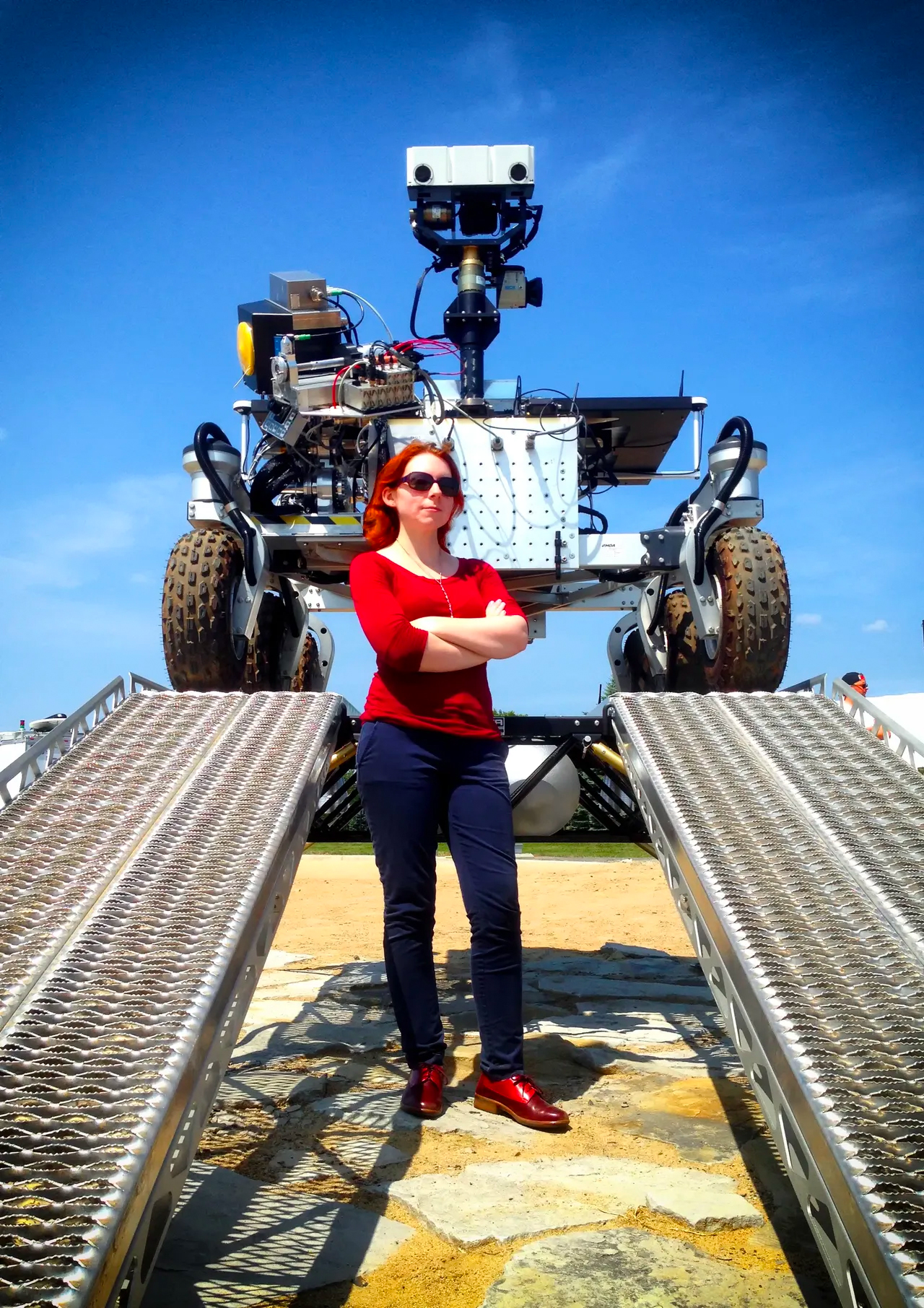From Spaced Out Doc:
As I round out an incredible month of highlighting the powerful stories of women in science, technology, engineering, and mathematics (STEM) education and professions in the greater space community for women’s history month, the Spaced Out Doc forum is dedicated to celebrating women advancement all year long. Women and their allies are standing united across our Earth choosing to call out gender bias, choosing to dismantle inequality, and choosing to celebrate women empowerment objectives in everything we do. I am so inspired by the brilliant women I know in the space industry, and I am excited to share their unique and powerful stories. With that, I am proud to introduce, Dr. Tanya Harrison.
Read more: Women Who Lead by Dr. Michaelyn Thomas

